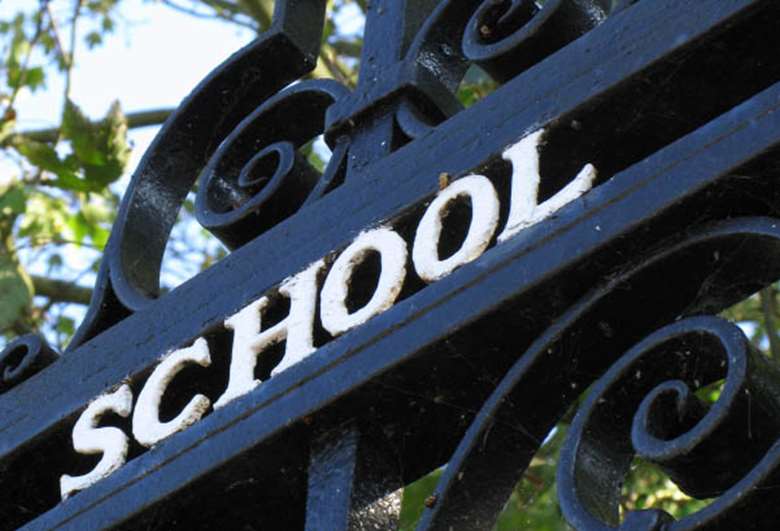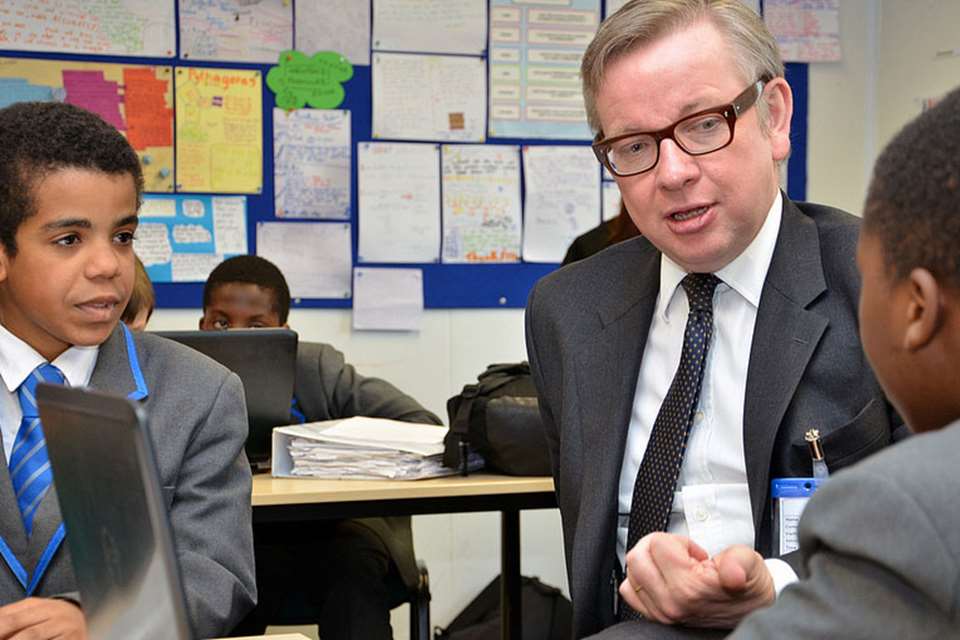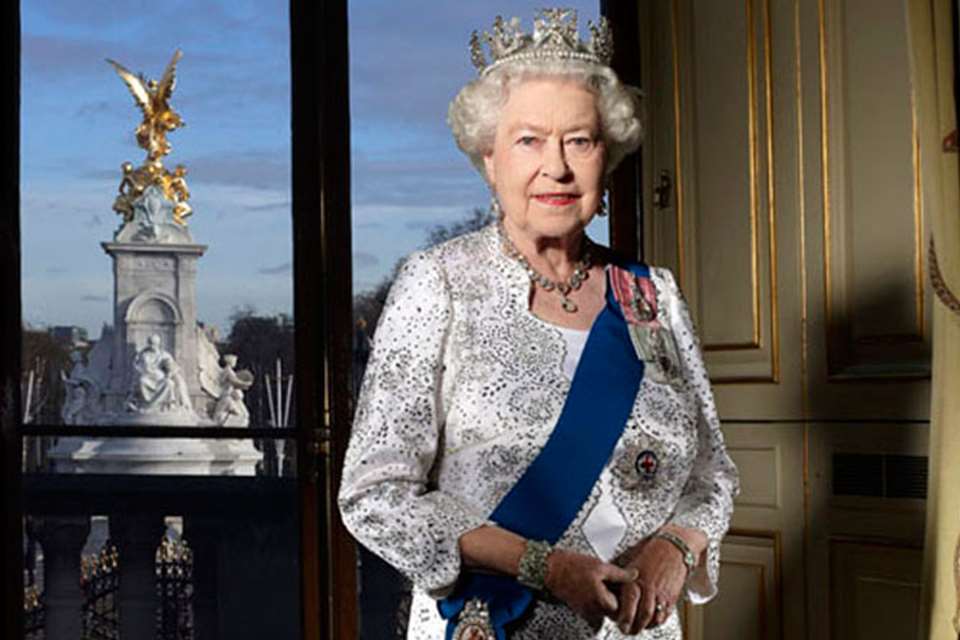Free schools favour well-off children, study claims
Thursday, August 7, 2014
Primary free schools are being filled with children who are less disadvantaged and more advanced in their development, says report.

According to research, published by the Institute of Education (IoE), critics’ concerns that free schools might become socially selective are being supported, as fewer primary pupils attending these schools are eligible for Free School Meals than in other local schools.
This is also backed by the fact that primary children who enter free schools are academically ahead of their peers in the neighbourhood and the rest of the country, with distinctly higher Foundation Stage Profile scores, says the IoE. The mean score of free school pupils was 0.33 compared to scores close to zero in other schools.
This is despite free schools being opened in disadvantaged neighbourhoods as the Government intended.
The IOE’s findings are based on figures from the National Pupil Database on the 88 primary and 63 secondary free schools that opened in the first three years of the Government’s Free Schools programme.
The report is the first academic study to analyse the social composition of all primary and secondary free schools opened by September 2013.
Francis Green, professor of Labour Economics and Skills Development at the ESRC Centre for Learning and Life Chances, who led the study, said, ‘It appears that, so far, the places in reception at free primary schools are being filled by children who are somewhat less disadvantaged and more advanced in their development than the average. This outcome may be disappointing for the Government, which had hopes that its free schools policy would be a vehicle for delivering social justice.’
Kevin Courtney, deputy general secretary of the National Union of Teachers (NUT), said, ‘The findings of the Institute of Education report echo what the NUT has warned for many years.
‘Even if free schools do open in disadvantaged areas, there is growing evidence that intake will be discriminatory. The IoE findings are similar to those of the National Audit Office (NAO), which recently found that just 16 per cent of pupils at 81 free schools were eligible for free school meals, compared to 25 per cent in neighbouring schools. Free schools are not serving their communities to anything like the same extent. Like-for-like comparisons of school achievement become less reliable as a result.
‘Free schools are not raising standards despite Government claims. Nor are they targeting areas of greatest need. The school places crisis continues to grow, with local authorities powerless to open new schools. This right must be restored to local authorities, which are far better placed to organise provision. Tackling the school places crisis should be one of the Secretary of State for Education Nicky Morgan’s highest priorities.
‘The increasing number of free schools that are being set up by large academy chains and existing trusts also gives the lie to the idea that the free school programme is driven by parental demand. What is being offered to parents is an untested experiment with children’s futures.’
A Department for Education spokesperson said, 'Delivering the best schools and skills for young people is all part of this Government’s long-term economic plan. To help with this we have established more than 4,000 new schools that are responding to what parents and pupils want and we have committed to helping pupils from disadvantaged backgrounds through new policies such as the Pupil Premium, which is worth £2.5 billion this year alone.
'Free schools are a vital part of this mix. They are offering parents more choice than ever before and allowing thousands more children the opportunity to go to an outstanding state school. Two thirds are in the some of the most deprived areas of the country, and under this Government the attainment gap between pupils receiving free school meals and their peers is closing.'










